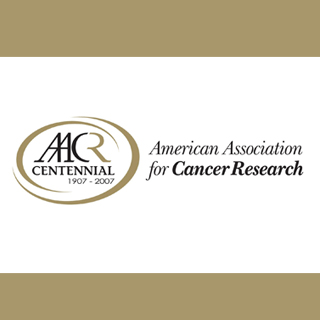
Apparently, pomegranates are said to be filled with a string of compounds called ellagitannins that seem to be accountable for the anti-proliferative result of the pomegranate. Earlier research has supposedly displayed that pomegranate juice, punica granatum L, could be as elevated in antioxidant activity, which is believed to be typically credited to the fruit’s high polyphenol content.
Ellagic acid probably discovered in pomegranates seemed to slow down aromatase, an enzyme that transforms androgen to estrogen. Aromatase appears to play an important function in breast carcinogenesis; consequently, the development of breast cancer is thought to be decelerated.
“Phytochemicals suppress estrogen production that prevents the proliferation of breast cancer cells and the growth of estrogen-responsive tumors,” commented principal investigator Shiuan Chen, Ph.D., director of the Division of Tumor Cell Biology and co-leader of the Breast Cancer Research Program at City of Hope in Duarte, Calif.
Chen, along with Lynn Adams, Ph.D., a research fellow at Beckman Research Institute of City of Hope, and colleagues, supposedly assessed whether phytochemicals in pomegranates could hold back aromatase and eventually slow down cancer development.
Following the screening and investigating a group of 10 ellagitannin-derived compounds in pomegranates, the scientists apparently discovered that those compounds seemed to have a possibility to avert estrogen-responsive breast cancers. Urolithin B, which is said to be a metabolite generated from ellagic acid and related compounds, could considerably restrain cell development.
Chen mentioned, “We were surprised by our findings. We previously found other fruits, such as grapes, to be capable of the inhibition of aromatase. But, phytochemicals in pomegranates and in grapes are different.”
As per Gary Stoner, Ph.D., professor in the Department of Internal Medicine at Ohio State University, supplementary researches might be required to corroborate the chemopreventive action of Urolithin B as opposed to hormone-dependent breast cancer.
Stoner, who is not associated with the research remarked, “This is an in vitro study in which relatively high levels of ellagitannin compounds were required to demonstrate an anti-proliferative effect on cultured breast cancer cells. It’s not clear that these levels could be achieved in animals or in humans because the ellagitannins are not well absorbed into blood when provided in the diet.”
Powel Brown, M.D., Ph.D., medical oncologist and chairman of the Clinical Cancer Prevention Department at the University of Texas M. D. Anderson Cancer Center, quoted, “More research on the individual components and the combination of chemicals is needed to understand the potential risks and benefits of using pomegranate juice or isolated compounds for a health benefit or for cancer prevention.”
Brown agreed with Stoner that the findings of the research seem to be interesting. He is of the opinion that upcoming researches ought to concentrate on examining pomegranate juice for its effect on estrogen levels, menopausal symptoms, breast density or even as a cancer precautionary agent.
The study appears in the January issue of Cancer Prevention Research, a journal of the American Association for Cancer Research.
